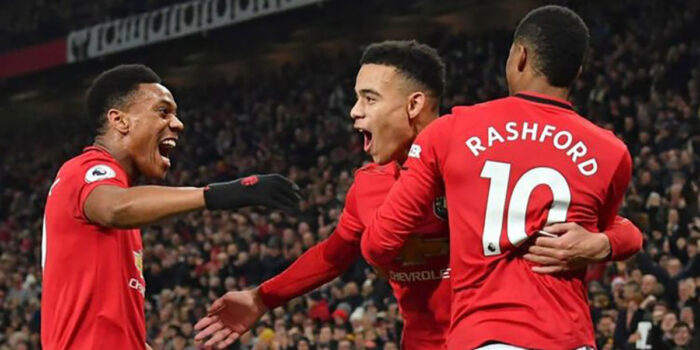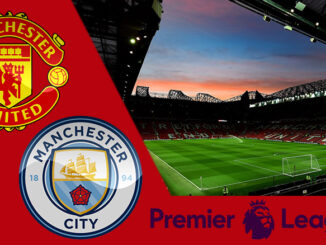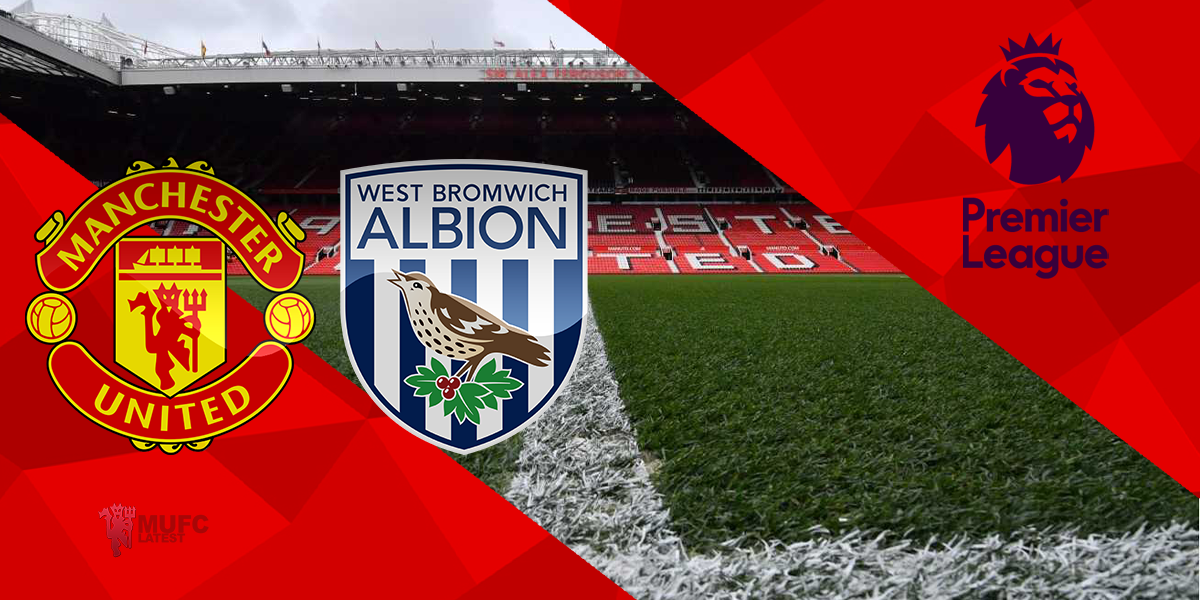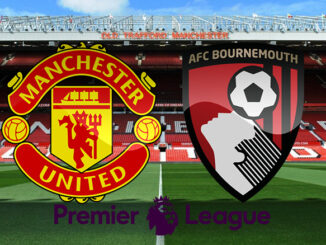All the great teams of years past were built around strong characters. From Bryan Robson in the 1980s, Eric Cantona of the 1990s down to Roy Keane and the treble-winning side of 1999. A consistent theme across these decades past was their formidable mentality; a defining factor in the frequent comebacks from Fergie’s sides and their haul of trophies. Sir Alex Ferguson started a monumental rebuild when he took over from Ron Atkinson in the late 1980’s when stories of a drinking culture were very much prevalent in dressing rooms in the league. Fergie was certain that a rebuild requires a complete cultural reset within the club. Mark Hughes’ article mirrored his resolve stating;
“That remorselessness showed in the way he took control of Manchester United: he instilled discipline, breaking up the drinking culture…”
Ferguson’s famous youth development program was an integral first step in his rebuild. ”I always take great pride in seeing younger players develop. The job of a manager, like that of a teacher, is to inspire people to be better,” he said. This mantra was the foundation for building the most successful era in Manchester United’s history. Fast forward to 2020, Ole Gunnar Solskjaer is overseeing another monumental rebuild for a team that seems to have lost its identity, cut adrift from the top echelon of European football and fast losing its domestic dominance. For a young team, character and resilience are expected to emerge with experience and unwavering cultural foundations.
Manchester United, with an average age of 24, is the youngest squad in the Premier League and has a lot to learn. The pressing question remains, is Solskjaer capable of building the culture and foundations from which a winning mentality will emerge? For Academy prospects, who for the most part are playing their first season in the Premier League, the resilience and mental toughness built up by the team throughout the season is the much needed developmental time required to give them the opportunity to build their personalities along with the other established first-team players.

The performances of Brandon Williams and Mason Greenwood have been stellar. Williams’ Man of the Match performance against an in form rapid winger Adama Traore, away from home, in the third round of the FA Cup, a 0-0 draw against Wolverhampton Wanderers as well as his remarkable comeback through a composed strike against Sheffield United typifies his resolve. This resolve inspired other players in their push to get a result after a very poor start to the game. Greenwood, in the same vein, has also displayed those killer instincts, at times, with calm and collected finishes in almost every single goal this season. Solskjaer continues to reiterate the importance of keeping their feet on the ground and this is already bearing fruit: no team has a higher teenage goal contribution in the Premier League than United.
For more established players like Marcus Rashford, who recently racked up his 200th appearance for the club, for the first time in his career, he is the main man. Following Romelu Lukaku’s departure to Inter, Marcus Rashford has risen to the occasion, currently joint second in the Premier League scoring charts with 14 goals and leading the team in scoring with 19 goals in all competitions. He has been a revelation this season and the most impressive aspect of his development has been the level of confidence he has demonstrated for the majority of the season, taking the mantle of leadership under so much pressure.
Solskjaer and his staff, while challenging and motivating the team, have also created an environment where there are positive reinforcements even through some poor patches. Player after player have gone through rough patches and have been given the encouragement to regain their confidence. Fred struggled for consistency last season and seemed destined to be classified as a flop, but Solskjaer has provided him with a platform to gain form and confidence through a sustained run of games that has led to top performances in midfield this season.
Another example of a changing culture is the emergence of leaders like Scott McTominay, who has grown into his own this season – his tenacity and dynamism have been missed in recent games – but his imposing presence in midfield has given other players the platform to perform at a high level. In the summer, so much fuss was made about Solskjaer’s decision to re-sign Juan Mata and at the time Solskjaer was clear about the need for cultural architects in the team, true professionals who remain disciplined and perform at a high level through adversity. United have been inconsistent this season with bizarre performances against teams like Watford and West Ham United but have always bounced back from every loss this season with a spirited performance.

In stark contrast to the failed galactico transfer model adopted by the club over the last six years, there has been a major shift in strategy focusing on bringing in players with the right fit. Solskjaer’s definition of “right fit” goes beyond footballing attributes, and it includes a focus on the character of players brought into the group. Harry Maguire, Aaron Wan Bissaka and Daniel James have something about them that illustrates the personalities Solskjaer is looking for. One attribute that is the common denominator for each of these players is selflessness. James is one of those who exemplifies this trait, coming from the Championship to leading the team in assists is quite remarkable for the young winger but his most impressive trait remains his willingness to put his body on the line for the team, he leads the team in fouls won and is in the top five in the league in that category.
Harry Maguire, who has recently captained the team on several occasions, represents one of the cultural architects Solskjaer has spoken about. Looking at Maguire’s journey from Sheffield United to Manchester United, it’s evident that he represents that selfless figure committed to hard work and willing to give everything for the club. When asked in a recent presser about bringing more players in, Solskjaer said; ”For me, I’m in a process of building a squad with the right culture and I’m still not finished with that.”
In a season full of inconsistencies, Solskjaer’s on-camera demeanor reflects positively on the team’s attitude. Remaining calm and showing no signs of pressure regardless of the situation sends a strong message to the players. When asked about Gary Neville’s comments regarding protecting himself by making some quick signings, Solskjaer said;
“I am not going to protect myself, I am going to do what is best for the club, what I think and we feel is right for the club and I will never put myself before the club. I could never ever do that, that’s not me. I am working for Manchester United, not for me.”
That in a nutshell is what Solskjaer’s cultural reset is all about. Solskjaer’s team is still a way off from becoming a team with a winning mentality but there are signs to suggest that perhaps this young team is developing this mentality with every passing game and Solskjaer and his coaching team are laying the foundations for a new Manchester United identity, one built on selflessness and a united character that would bring trophies to Old Trafford.
Written by Ugo Osuji
Discover more from MUFCLatest.com
Subscribe to get the latest posts sent to your email.




